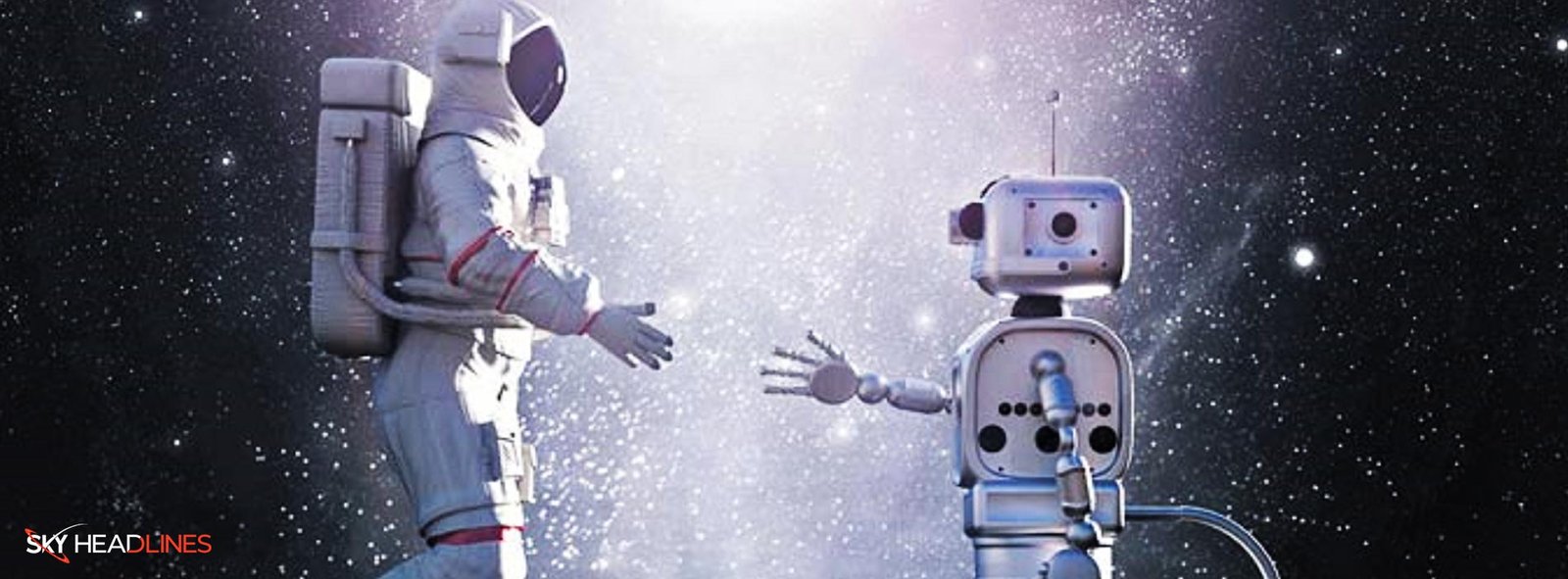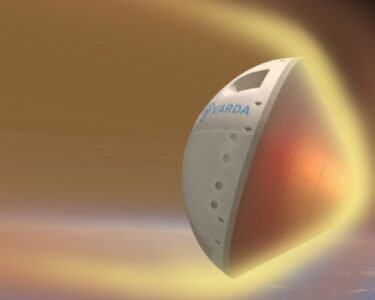Isn’t it interesting that AI in space exploration is making incredible milestones day after day?
When humans look up to the night sky, they often get stunned by its spaciousness and curiosity. Even in today’s world, that sense of curiosity continues. But, thanks to modern technology, and artificial intelligence. They have emerged as a powerful tool that not only answers our fascination but also uncovers some of the universe using innovative methods.
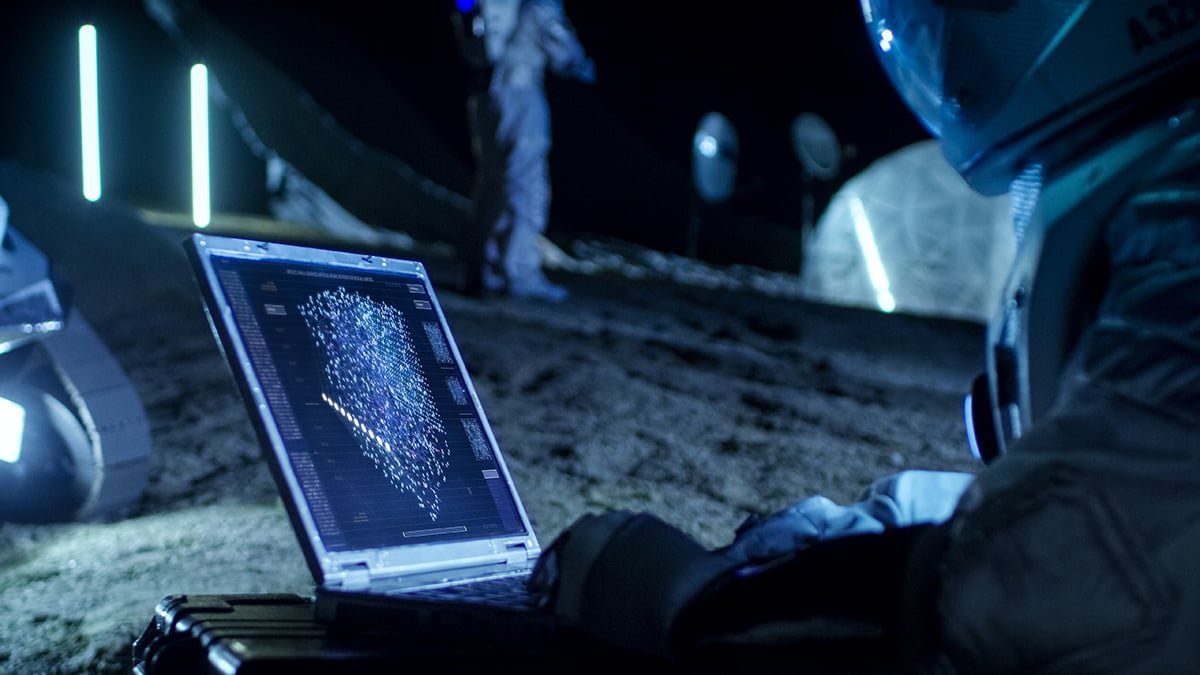
AI, the artificial intelligence play a significant role in many explorational journeys of Space. From the keen control of robots and satellites to the complex analysis of vast datasets and satellites. AI offers us a lot of new knowledge. Besides this, AI functions as a versatile key that effectively unlocks many secrets of the cosmos. That is why AI is allowing scientists to boldly explore realms that were once confined to the realm of imagination.
We will explore some of the best applications of AI in space exploration, and see how it is helping scientists in the best ways.
AI in Space Exploration is Getting Crazy Day by Day!
Artificial Intelligence (AI) plays an essential role in numerous space exploration missions. From controlling robots and satellites to analyzing complex satellites and databases. Artificial intelligence is the heart of mission exploration. AI’s flexibility allows us to unravel its mysteries and provide researchers with new fields they had never thought they could explore. AI helps scientists in a variety of ways.
Let’s take a look at:
-
Robots for Navigation Purposes
AI in space exploration specifically navigate using self-deployment robots. Rovers such as Mars Exploration Rover and Curiosity have explored Mars independently for a long time, using sensors that detect obstacles such as rocks. They use AI algorithms to analyze the data to map safe routes to prevent collisions.
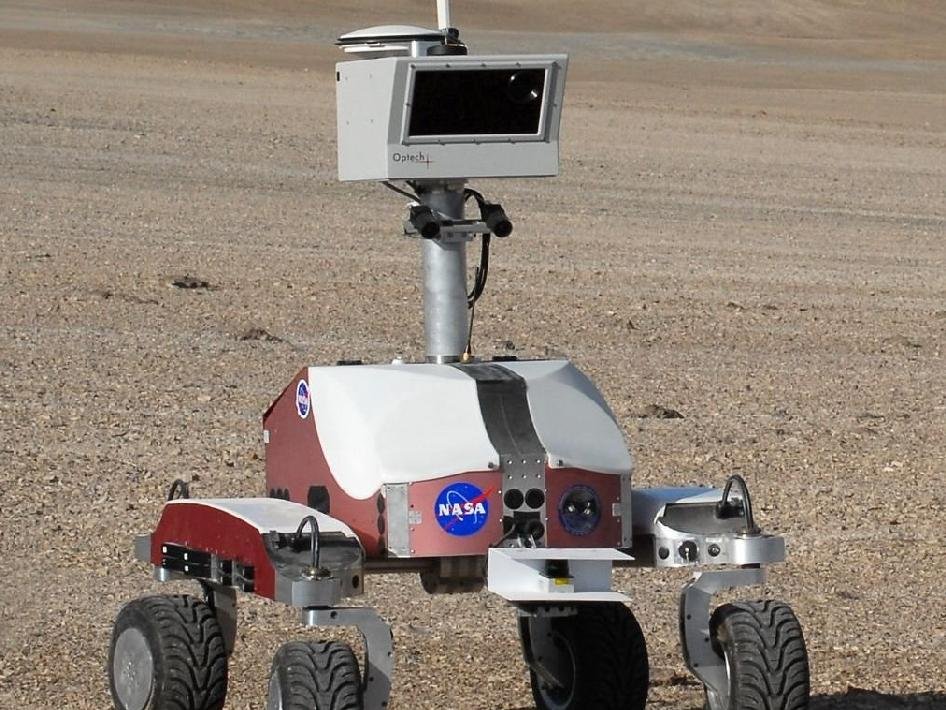
Perseverance Rover uses AEGIS to determine the most suitable rocks to collect samples and paving the way for totally independent space-based autonomous rovers.
Satellite Operations utilizing Artificial Intelligence. It is changing satellite operations improving efficiency and increasing intelligence at the same time.
SpaceX incorporates Artificial Intelligence (AI) algorithms in their navigation satellites. These algorithms utilize sensor data like speed and location measurements to determine the risk of collision. If their AI senses there could be a threat of collision, their computer onboard immediately alters their course in order to ensure that they do not get into a collision.
-
Optimization of Satellites
AI plays a crucial part in optimizing satellite orbits. It helps satellites to choose more efficient routes that take less fuel and time for precise positioning – thereby saving resources while also increasing the effectiveness of their missions.

Space Data Analysis with Artificial Intelligence allows quicker and more accurate analysis of satellite data making use of machine learning’s ability to recognize patterns to identify patterns in satellite data sets, assisting us identify the most important aspects or issues more quickly.
AI is able to more effectively recognize patterns, and offer more precise, precise and complete analyses than traditional methods have ever been able to do and perform more effectively than other method! AI could be even more economical!
-
Astrogeology (or planetology) is the study of formations in space
Artificial intelligence (AI) lets scientists make use of it to detect and classify features such as eruptions and craters on planets and moons by constructing 3-dimensional representations of their surfaces, which offer us more insight into their past and the environment they inhabit.
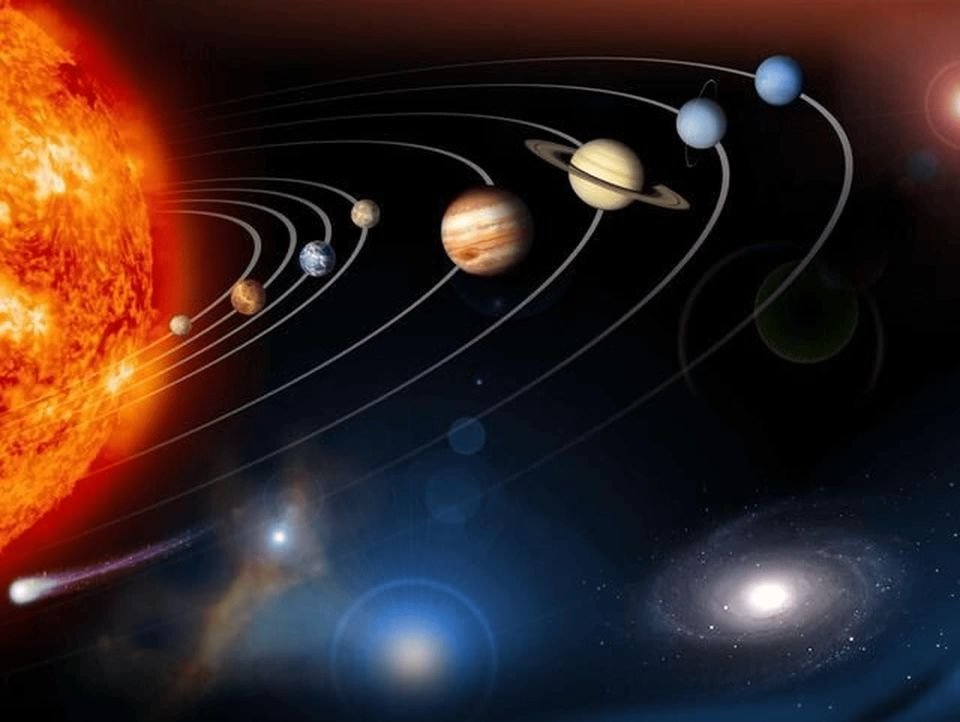
SpaceX has embraced Artificial Intelligence (AI) to improve their rockets. AI analyses sensor and instrument data to aid in precise control. In addition, they are making use of this AI to automatically land and focusing on maintaining engines and equipment to ensure landings are successful each time.
Artificial Intelligence (AI) is an integral component in space exploration. AI technology is able to quickly process information and steer spacecraft independently through space and help probes move faster so that we get a better view into the universe beyond Earth.
What can Artificial Intelligence applications aid space exploration?
AI technology can enhance the efficiency of spacecrafts, assisting them in completing tasks on their own collecting relevant data and enhancing the odds of success in mission by assisting spacecraft move autonomously around studying the information they have collected and identifying problems quickly and enabling tasks to run more efficiently.
What role can AI robots and AI play in space exploration?
NASA makes use of AI to connect spacecraft while SpaceX uses it to land rockets in safety on Earth.
Could Artificial Intelligence find use in the field of space technology?
AI is an essential source of satellite production. Utilizing machine learning techniques to evaluate designs quickly, AI allows us to quickly identify solutions. In assessing aspects like weight, strength and functional considerations, AI gives all the necessary information for designing spacecrafts.
Are there ways to make AI and exploration coexist?
Spacecraft with AI enhancements can be incredible instruments. They are not only capable of autonomously exploring space missions with greater efficiency and cost-effectiveness as well, but they can also help scientists by providing analysis of data capabilities that enhance our understanding of the universe!
When was the first time artificial intelligence be introduced to space exploration?
Deep Space 1 first utilized Artificial Intelligence in space in 1998, through the Space satellite Deep Space 1. AI was used to study two comets which included Borrelly and Braille employing “Remote Agent”, an new method of thinking specifically to analyze the properties of these objects.
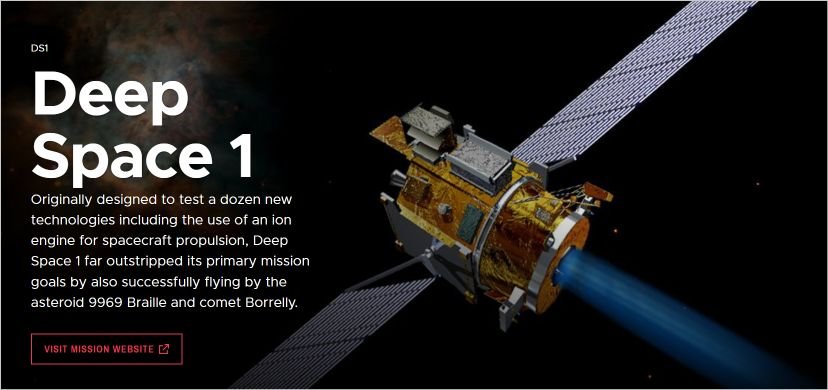
Bottom Line:
Artificial Intelligence has proven an important tool when it comes to looking into space. AI assists us in identifying things that would otherwise be difficult to recognize. For example, objects changing their course or even small aspects we could ignore. Before AI became so prevalent with regard to space research, many AI applications relied on satellite data obtained from Hubble Space Telescope satellites alone to get a better understanding of space.
Artificial Intelligence AI in space exploration has performed many roles. From serving as a teacher and guide to spacecraft travel, AI has also helped astronauts master new techniques. NASA’s Jet Propulsion Laboratory developed an AI system that can manage missions in a way that is autonomous. Machine learning also analyzes images taken by Mars spacecrafts, looking for possible sources of water or other materials on Mars.


